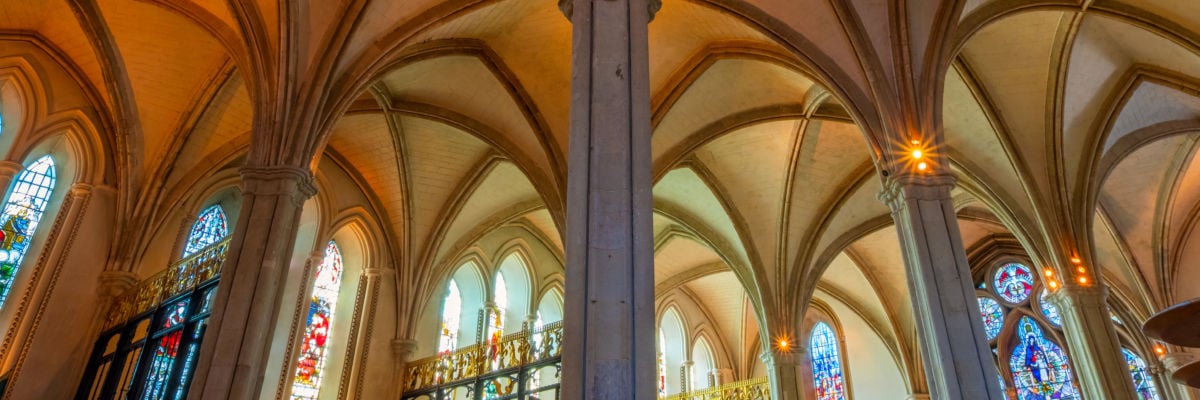- Apr 4, 2010
- 774
- 149
- 36
- Country
- United States
- Faith
- Christian
- Marital Status
- Married
Hello everyone,
It's been a long time since I've posted anything. But I would love to have a discussion (civil as possible) about why you would or would not join the Anglican church. If you are Anglican, why are you?
I've continued to grow more and more fond of the Anglican vision, and I would love to hear others reasons why you are Anglican or why you would stay away. Thanks!
I'm painting with broad strokes- Apply the question to the Church of England, ACNA, etc.
Moderators, feel free to move this thread if I have misplaced it. I didn't put it specifically in the Anglican thread in hopes of hearing other denominational perspectives.
It's been a long time since I've posted anything. But I would love to have a discussion (civil as possible) about why you would or would not join the Anglican church. If you are Anglican, why are you?
I've continued to grow more and more fond of the Anglican vision, and I would love to hear others reasons why you are Anglican or why you would stay away. Thanks!
I'm painting with broad strokes- Apply the question to the Church of England, ACNA, etc.
Moderators, feel free to move this thread if I have misplaced it. I didn't put it specifically in the Anglican thread in hopes of hearing other denominational perspectives.


